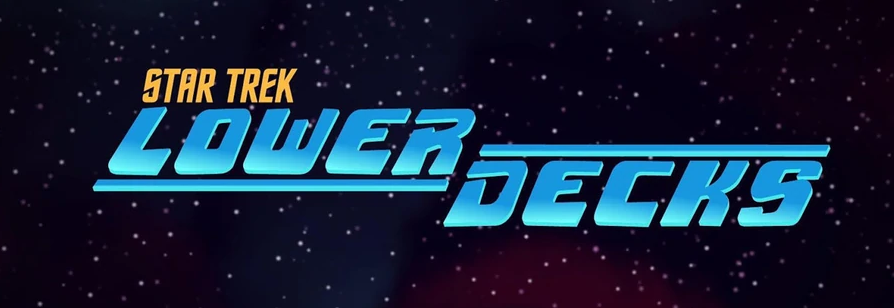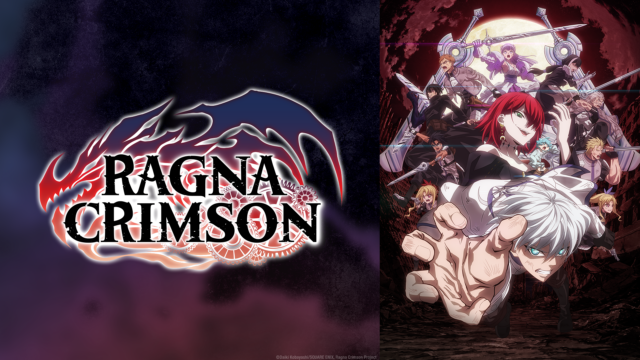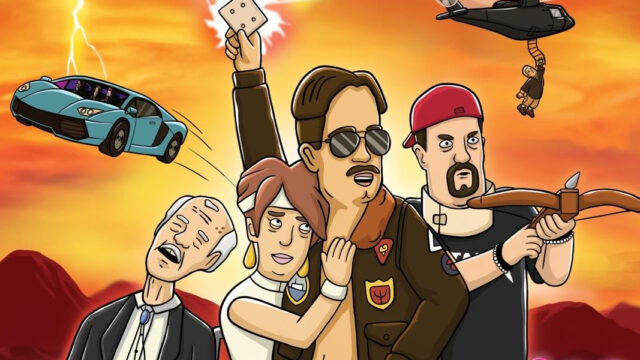Season Review: Star Trek: Lower Decks Season One
Animation. The final frontier. These are the reviews of Star Trek: Lower Decks. Its three to seven year mission: to affectionately parody this franchise like no one has before.
I am an outsider to Trek Fandom, at least for the most part. I was always more of a Star Wars kid growing up, and even during the twelve year hiatus of Trek television, I never found much reason to watch much more than the JJ Abrams movies. When I heard Discovery was first coming out, I figured I could try finally digging into the previous shows…in chronological order, which ended up with me apparently starting with Enterprise, supposedly the worst of the bunch, and I quickly burnt out. So when I got assigned this, it seemed like a good chance to get back to learning more about this influential franchise that has its fingers in so much sci-fi that I already love. And while I still don’t know if I would call myself a trekkie, I’ve started watching a few more of the more well-liked shows and I’m learning more about what makes Star Trek so enduring. Unfortunately, I don’t think I would have gotten that impression from simply watching Lower Decks.
Created by Mike McMahan, best known for writing on Rick and Morty and creating Hulu’s Solar Opposites, Lower Decks takes its name from an episode late in the run of “The Next Generation”, which already goes to show how deep McMahan’s love for Trek goes and what this series set out to accomplish, which was to both celebrate and poke fun at Trek (though apparently not too much). As the name implies, the show focuses on the less significant members of a Starfleet crew, instead of the usual main players that most shows would give the spotlight. Among those are Brad Boimler, kiss ass aficionado, Beckett Mariner, aimless renegade, and their friends Tendi and Rutherford, though the stories mainly focus on the first two. And really Mariner takes the lead by a country mile, as the series begins seemingly focusing on her trying to help Boimler become a captain, but that gets lost in the shuffle for increasing focus on Mariner’s caustic relationship with her mother, who is also the captain. Thankfully this ends up executing better than one might expect, though.
And while this first season does sufficient work building up its own crew, it also has a habit of being fit to burst to references to the rest of the franchise. This is obviously not a problem on its own, as fanservice is pretty common in most new installments of long running franchises these days. The issue that comes in, at least for me, is that me being a relative new comer to Trek means that these moments end up impacting my investment in the story itself. This was apparently made for new viewers, though you probably wouldn’t be able to tell from jumping in with this first. References like these should only add to the experience, not subtract from it, but that’s unfortunately the result quite a bit of the time in this season. It evens out as it goes on, but it’s clear that this will be an impulse they’ll have to curtail going forward.
But overall, while this a pretty rough start, I’ve definitely heard of rougher beginnings for a Trek show. The overabundance of deep cut gags can hamper things at times, but it does still manage to keep its own character front and center to develop them first and foremost. And while it lovingly takes many pieces from all around its toy box, it seems primed to make some toys of its own to show that even a love letter to the fans can fly on its own warp drive. This wasn’t the ideal first season by any means, but it could’ve definitely been worse and shows that there is plenty of potential for improvement, which we will be getting sooner rather than later since animation is the most thriving market right now. I’m eager to see more of what Lower Decks has to offer, and maybe in between seasons I’ll have watched enough to not notice the fanservice anymore. Though it should still work on that.



























Hi Ashley, thank you so much for reading and we love the feedback. Note that on that day we had 14th posts go up and only ten posts show on the front page, so it's possible the preview had already been archived by the time you got to it. One recommendation would be to add our RSS feed to your favorite news aggregator service like Feedly, this way you get all of the latest posts!